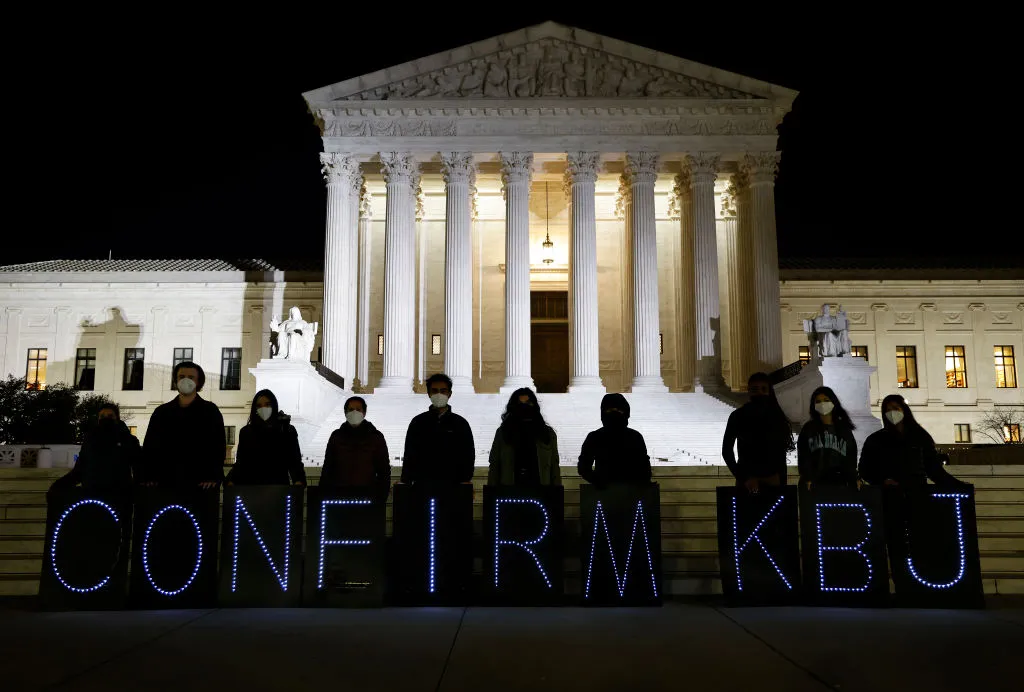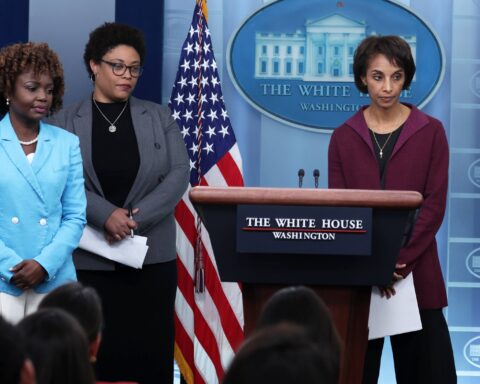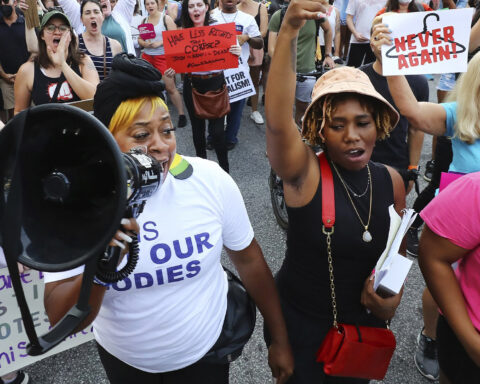Written By Jennifer R. Farmer
I wrote the book before Sen. Kamala Harris was elected vice president. I wrote it before President Biden announced that he would nominate Judge Ketanji Brown Jackson to the Supreme Court. I wrote it before a Black woman was ever elected governor in any of the U.S. states. It was penned before those historic markers, but it is more relevant today than the day it was published.
Black women face an extraordinarily hilly road. Even when we reach career milestones, we face resistance. For instance, before Judge Jackson’s nomination, a Black woman was never nominated to the U.S. Supreme Court. It’s not like Black women are hard to find; we are present and accounted for, making up 52% of the Black population in the U.S. We break barriers understanding that our liberation creates opportunities for that of our family and friends.
Yet some elected leaders have expressed anger, shock and disbelief over the mere notion that a Black woman could be nominated to serve on the Supreme Court. Former Cato Institute Vice President and Georgetown Law professor Ilya Shapiro said he would prefer an Indian American be nominated to the court before a “lesser known Black woman.”
Being locked out of these highly impactful and visible roles has nothing to do with ability. It is not that there has never been a Black woman who was qualified to sit on the high court; it’s that racism refuses to see anyone outside of the privileged mainstream. Black women are among one of the most educated demographics in the country. Black Demographics noted that “In 2018, about 59% of Black women 25 and older attended college.” And nearly one-quarter of Black women hold a bachelor’s degree or higher.
The truth is that Black women and other women of color are sometimes denied opportunities for advancement or viewed with skepticism when we enter various professional spaces. Other times, when we do reach personal and professional victories, we are demeaned and debased.
It is not hard to find examples backing up my point. Most recently, U.S. Congresswoman Joyce Beatty (D-OH) said that Rep. Hal Rogers (R-Kentucky), a white Republican male, shoved her in the back and then told her to “kiss my ass,” after she said she politely asked him to put on his mask, a rule of the U.S. House of Representatives.
The frustrating thing is that Black women at all levels never get to a point where we do not face disrespect. Beatty serves in one of the most powerful political bodies in the country. She also chairs the formidable Congressional Black Caucus. Younger women look up to her and praise her accomplishments. But one can never outachieve racism. If you are Black, it is with you from the day you are born until the day you die. But we have proven time after time that, in the words of poet Maya Angelou, still we rise.
It takes tremendous fortitude to show up well, consistently, in a Black female body. And most of the Black women I know are breaking barriers left and right. They’re not only showing up and doing the work they’ve been hired to undertake, but they are also overcoming tremendous personal and professional hurdles along the way.
As Brown Jackson advances in this process, she will no doubt face disrespect and skepticism. Lovers of democracy should ardently stand beside her. I know Black women will.
I know this process will be difficult, but I refuse to relinquish hope. I hope that Harris’ visibility as vice president is inspiring more and more people to truly see Black women. I hope Biden’s nomination of Brown Jackson inspires other Black women to continue to be politically active. But I also hope there will be more spaces to address the challenges Black women face at work – challenges that are rooted in race, gender, ability and sexual preference.
Brown Jackson will face challenges, but she will also break barriers for those who will come after her. That is something for which we can all be proud.





